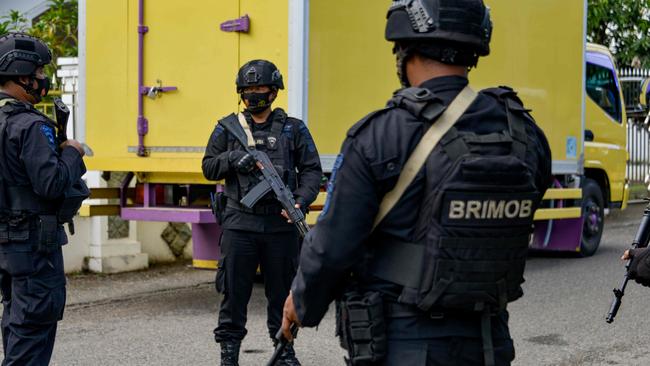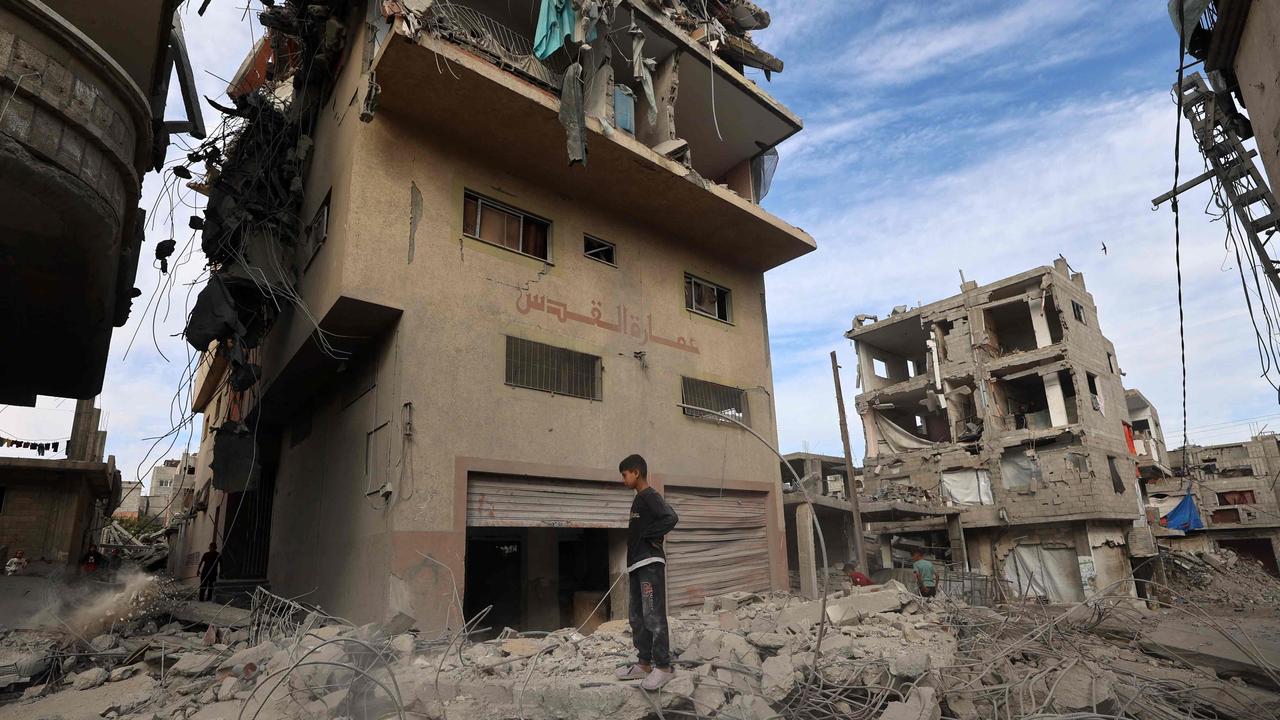Indonesia’s Jokowi to launch Chinese coronavirus jabs
Indonesia will become the first country outside China to roll out emergency use of the Sinovac COVID-19 vaccine this week.

Indonesia will become the first country outside China to roll out emergency use of the Sinovac COVID-19 vaccine this week, with President Joko Widodo to receive the first jab on Wednesday — the day he is to meet Chinese Foreign Minister Wang Yi.
Vaccination of 1.3 million Indonesian health and frontline workers will begin immediately after as authorities scramble to control spiralling transmission rates in Southeast Asia’s worst-affected country.
Indonesian officials insist the timing of Mr Wang’s visit is unrelated to the vaccine announcement, though the diplomat’s Southeast Asia tour — also taking in Myanmar, Brunei and The Philippines — is widely seen as one of vaccine diplomacy.
Indonesia’s Food and Drug Monitoring Agency announced emergency-use approval of the CoronoVac drug, developed by Sinovac, on Monday after preliminary results from third-stage trials in Indonesia showed the vaccine had an efficacy of 65.3 per cent.
“Based on the data and considering the guidance from (the World Health Organisation), CoronaVac has met the requirements to get the permit to use the vaccine,” agency chief Penny Lukito said.
Dr Lukito said 99.23 per cent of subjects involved in the Indonesian trial retained COVID-19 antibodies three months after receiving their second jab.
Viral transmission has surged in Indonesia, with daily cases exceeding 10,000 last Friday.
The national caseload is now more than 840,000, with more than 24,000 deaths recorded, although health experts say the real figures are likely much higher due to low testing rates.
Griffith University epidemiologist Dicky Budiman told The Australian the start of emergency vaccinations was a useful first step, though “what’s still missing are details about the nature of the infections the vaccine can protect against”.
“We don’t know if participants who received the vaccine and were infected with COVID-19 had moderate and severe cases, or just mild ones,” Dr Budiman said.
Indonesia’s CoronaVac trial, still under way, involves 1600 subjects, 25 of whom have so contracted the virus. It is not known whether those infected received the placebo or the vaccine.
Dr Budiman said he was concerned that viral transmission had spiralled out of control in Indonesia and in such a situation no vaccine could be a “silver bullet”.
“You have to control the pandemic itself,” he said. “There is still a lot of homework to be done to improve testing and tracing and that will influence the effectiveness of any vaccination program.”
Neither Indonesian authorities nor Sinovac itself have offered any explanation for why the efficacy rate from Indonesia’s Sinovac trial was so much lower than the 78 per cent preliminary result from a similar third-stage trial of CoronaVac conducted in Brazil, where authorities have refused to authorise its use until final results are known.
Turkish health authorities last month reported an even higher 91.25 per cent efficacy rate for CoronaVac, but those results were based on preliminary data obtained from less than 20 per cent of the 7000 subjects in the trial.
China says about nine million COVID-19 vaccination doses have already been administered there, although it is not known how many people received the Sinovac vaccine.
Additional reporting Chandni Vasandani




To join the conversation, please log in. Don't have an account? Register
Join the conversation, you are commenting as Logout